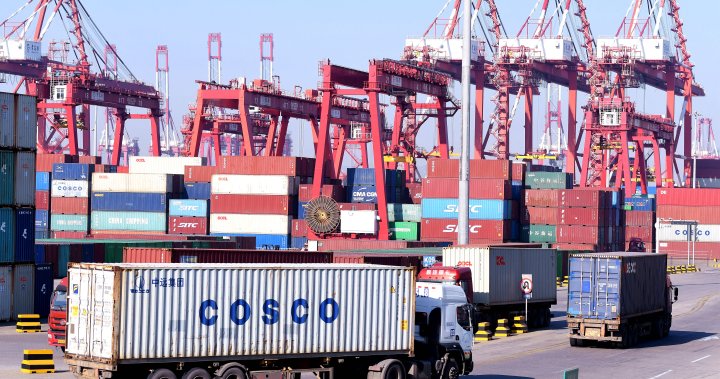
Supply chain woes have Canadian factories shifting to in-house production
Global News
Some Canadian factories are shifting to in-house production or national sourcing in light of global supply chain woes that have gripped several industries.
Global shipping and supply chain bottlenecks are encouraging Canadian firms to bring production back home, but some companies would have to absorb higher costs and build expertise in certain sectors for local manufacturing to pick up pace.
While carefully knitted global supply chains helped sectors from fashion to autos cut costs and boost margins in recent decades, COVID-19 has eroded those advantages and exposed weaknesses like shortages of semiconductor chips.
In Canada, supply chain woes, recent rail and weather disruptions, along with pressure to source ethically and locally to lower emissions, are leading companies to buy closer to home or produce in-house, executives say.
Even before storms and Canada’s recent floods stranded two of its containers at the Port of Vancouver, Toronto-based Progress Luv2Pak was looking for more Canadian and U.S. suppliers due to soaring shipping costs and delays.
“In some cases, the value of the goods in the container are less than the freight,” said Ben Hertzman, president of Luv2Pak, which supplies shopping bags and other packaging for retailers.
He said about half of Luv2Pak’s seven-member buying team now focuses on North American sourcing, up from one part-time position just a few months ago, even though the company often gets better pricing and quality for products offshore.
Canadian manufacturing activity rose to a seven-month high in October, according to IHS Markit. Although it is too early to tell whether reshoring contributed to this rise, economists say companies are taking concrete steps toward buying local, unlike during earlier crises.
“This time around there’s not just talk of it, there’s actually action,” said Peter Hall, chief economist for Export Development Canada.













